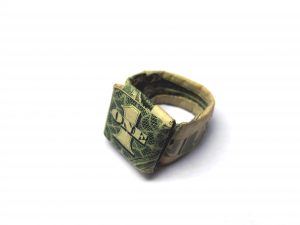 The state and definition of counterfeiting laws will tell you a lot about the community in which they are designed and implemented. Illinois is no exception. The state has a set of complex and situational rules relating to counterfeiting and forgery; a true Pandora’s Box for a diligent attorney. For the most part, the law seems to target those who create forged money, but there are many other forms of falsification that are captured by the legislation. A person is guilty of a crime in Illinois when he or she creates or uses written documents that have been falsified or altered in significant ways. In this case the constituent ingredients of the crime can encompass both the making of forged/altered documents as well as possessing them with the intention of using them for illegal purposes.
The state and definition of counterfeiting laws will tell you a lot about the community in which they are designed and implemented. Illinois is no exception. The state has a set of complex and situational rules relating to counterfeiting and forgery; a true Pandora’s Box for a diligent attorney. For the most part, the law seems to target those who create forged money, but there are many other forms of falsification that are captured by the legislation. A person is guilty of a crime in Illinois when he or she creates or uses written documents that have been falsified or altered in significant ways. In this case the constituent ingredients of the crime can encompass both the making of forged/altered documents as well as possessing them with the intention of using them for illegal purposes.
A Counterfeiting Law for the New Age
As criminals in this area have become more sophisticated in their modus operandi, the law has been forced to play catch-up. For example it recognized the use of false documents for defrauding in which possession is disputed as well as the effects of subtle alteration using digital means (720 Ill. Comp. Stat. § 5/17-3). The classic case is that of a forged check that is successfully cashed by a third party because the signature on it appears to be authentic to the recipient bank regardless of whether or not the account holder actually gave permission for that cheque to be paid. The elderly and those with disabilities are particularly vulnerable to this type of fraud. As the case made it through the courts, it became a gradually-established norm that the instrument used to defraud must be credible to an ordinary reasonable person. Hence where the forgery is almost comical in its design and presentation, the user may be able to escape a criminal charge.
 Chicago Criminal Lawyer Blog
Chicago Criminal Lawyer Blog


